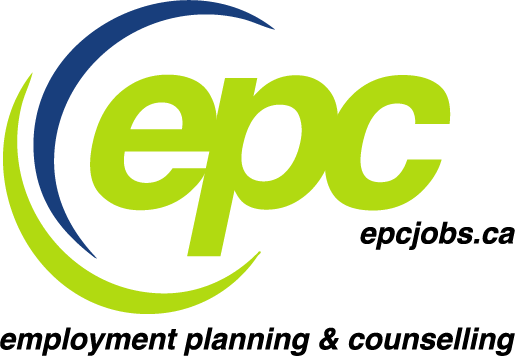To say that there has been a dramatic change in the world of work would be an understatement. From full time, permanent employment with benefits and job security to part-time, contract, virtual jobs in a gig economy, it can be difficult to know how to carve out a career in this new landscape. If you are a job seeker, career changer or lifelong learner with varied skills sets and a diverse knowledge base, self-employment may be just what you are looking for. The trick is having a solid idea for your business and knowing how to get started. In the Peterborough community, we are fortunate to have a variety of resources that provide an array of services and opportunities. Today we will be highlighting the Greater Peterborough Innovation Cluster, a dynamic and unique organization that provide access to programs, professional partners and self-employment workshops for both physical and virtual clients.








